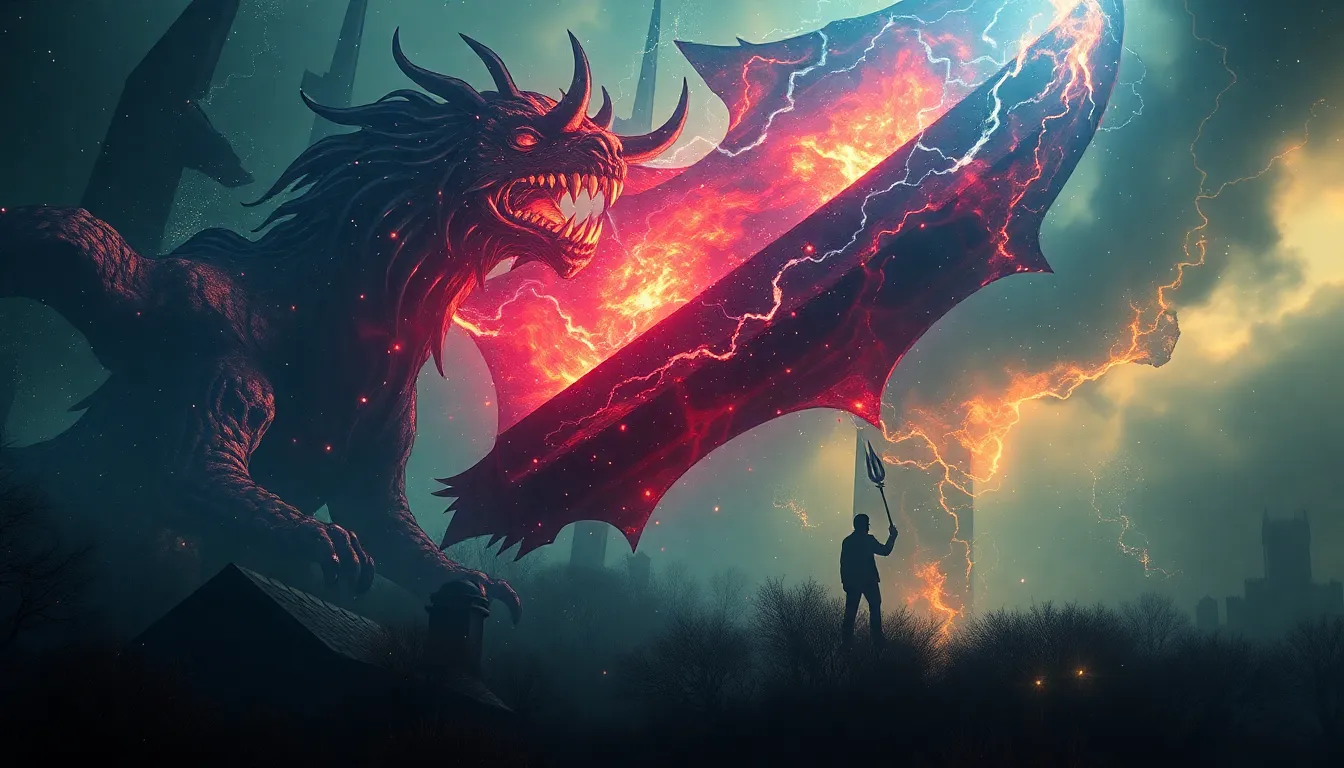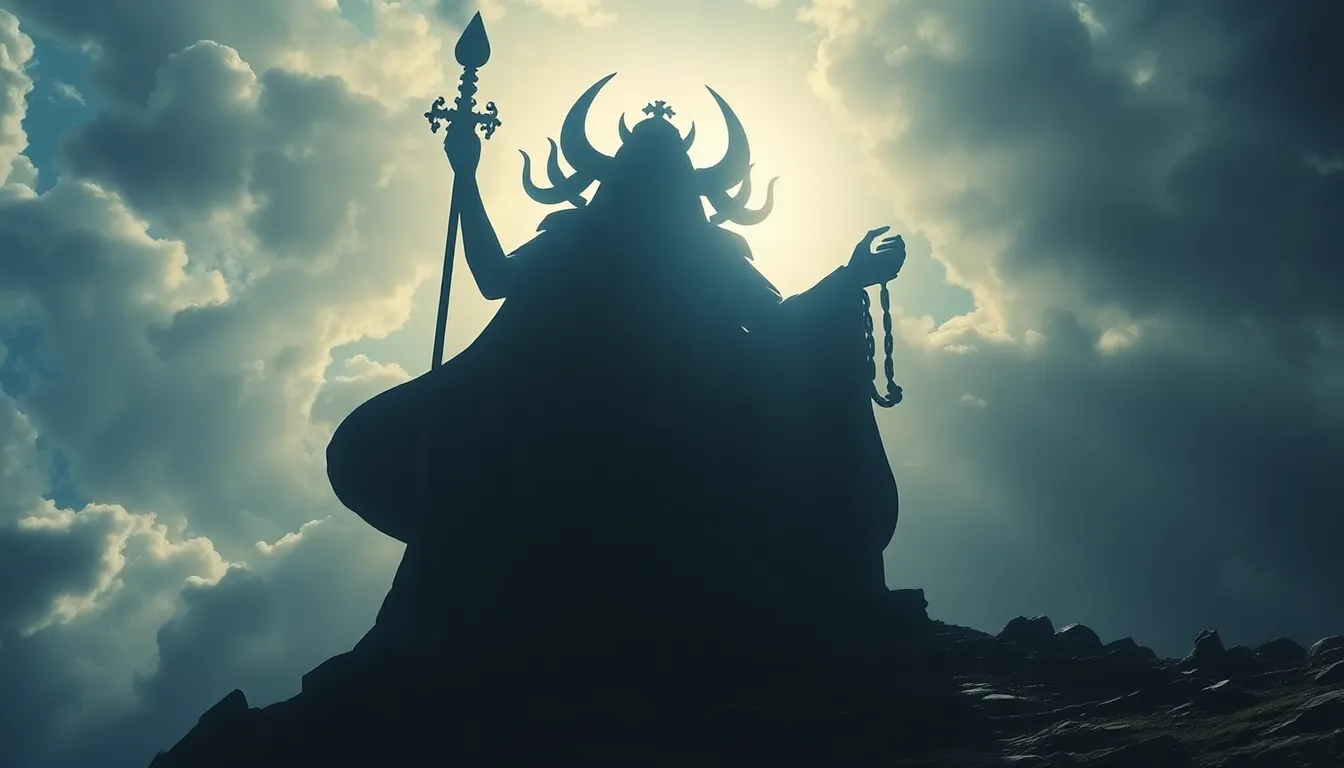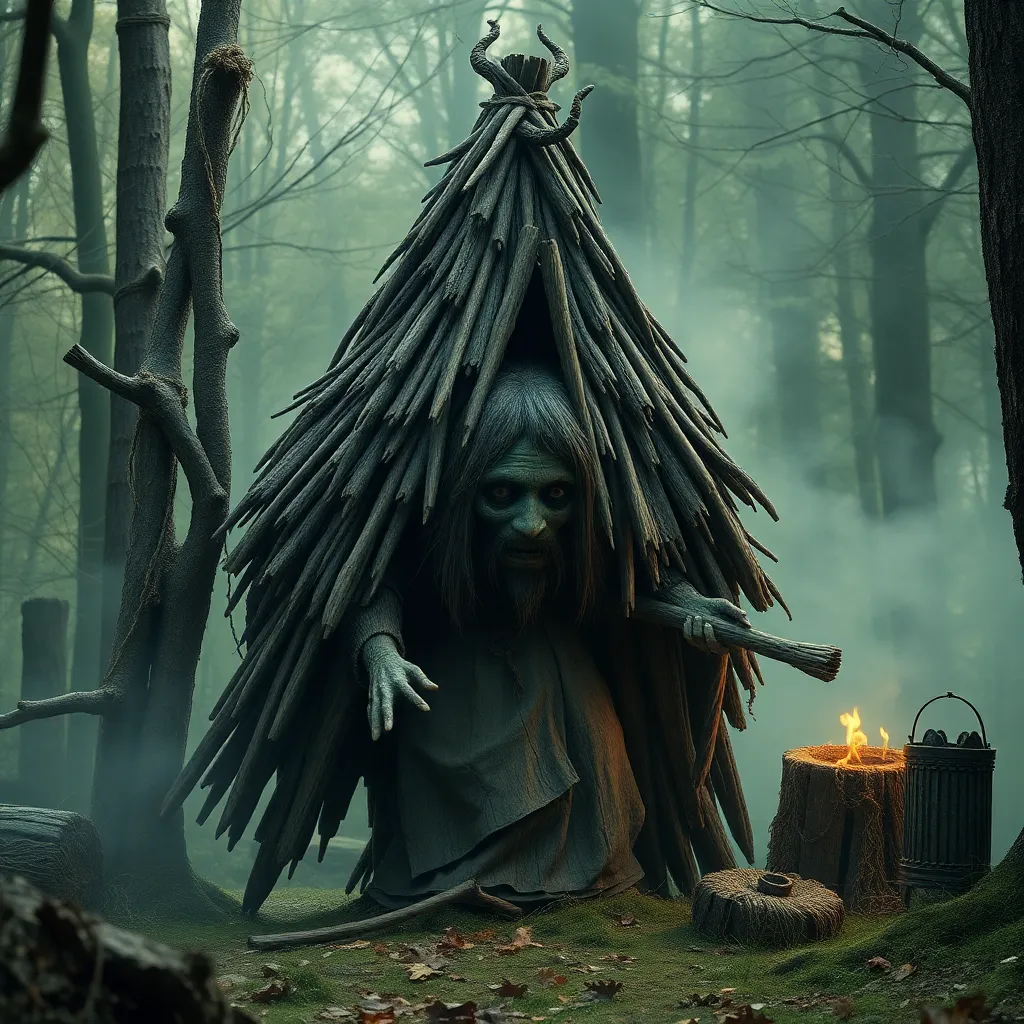From Fear to Freedom: Transformative Journeys in Legendary Tales
I. Introduction
Transformative journeys are a cornerstone of storytelling, capturing the essence of change and growth that characters undergo throughout their narratives. These journeys often trace the evolution of a protagonist from a state of fear or limitation to one of freedom and empowerment. In legendary tales, the theme of “fear to freedom” resonates deeply, as it reflects both personal trials and broader societal struggles.
This article will explore the significance of transformative journeys in legendary tales, focusing on how fear serves as a catalyst for growth and liberation. By examining various examples, we will uncover the universal truths embedded in these ancient stories and their relevance today.
II. The Nature of Fear in Legendary Tales
Fear is a prevalent theme in folklore and legends, often manifesting in various forms such as fear of the unknown, fear of failure, or fear of loss. These common fears serve as barriers that heroes must confront and overcome in their journeys.
- Common fears depicted in folklore and legends:
- Fear of monsters or adversaries
- Fear of death or the afterlife
- Fear of isolation and abandonment
From a psychological perspective, fear plays a crucial role in storytelling. It not only creates tension but also propels the narrative forward, challenging characters to confront their deepest anxieties. In many cases, fear acts as a catalyst for transformation, prompting heroes to embark on their journeys.
III. Archetypal Heroes and Their Journeys
Archetypal heroes are defined by their remarkable characteristics, including bravery, resilience, and a deep sense of purpose. These figures often confront their fears head-on, leading to profound transformations.
Examples of legendary heroes who face fear:
- Odysseus in “The Odyssey”: Faced with numerous trials, Odysseus must confront his fears of mortality and failure while striving to return home.
- Beowulf in “Beowulf”: The hero battles terrifying monsters, representing his fight against fear itself and the inevitability of death.
- King Arthur in Arthurian legends: Arthur’s journey involves facing both external threats and internal doubts, ultimately leading to his growth as a leader.
IV. Overcoming Adversity: Key Moments in Transformation
Crucial turning points in legendary tales often mark the moment when heroes begin to overcome adversity. These moments are pivotal for character development and transformation.
- The significance of mentorship and guidance: Many heroes receive support from mentors who help them navigate their fears and challenges.
- The role of trials and tribulations: Each trial faced by the hero contributes to their growth, teaching them valuable lessons about courage and resilience.
V. The Symbolism of Freedom in Legendary Tales
Freedom is a multifaceted concept that varies across cultures. In legendary tales, it often symbolizes liberation from oppression, self-discovery, and the realization of one’s potential.
- Exploring what freedom means in different cultures:
- In Greek mythology, freedom is often linked to the triumph of the gods over chaos.
- Norse legends depict freedom as a battle against fate and the inevitability of Ragnarok.
- African folklore frequently emphasizes community and personal freedom as interconnected.
- Symbols of liberation: Swords, quests, and journeys often serve as metaphors for the quest for freedom.
Achieving freedom has profound impacts not only on the hero but also on society, symbolizing hope and renewal.
VI. Comparative Analysis of Transformative Journeys
A cross-cultural perspective reveals both similarities and differences in how legendary tales address the themes of fear and freedom.
- Greek mythology: Often portrays gods and heroes battling personal and cosmic fears.
- Norse mythology: Emphasizes the struggle against fate and the acceptance of mortality.
- African folklore: Highlights community resilience against fear and the journey towards collective freedom.
VII. Modern Interpretations of Fear and Freedom
Contemporary tales frequently reflect ancient themes of fear and freedom, adapting them to modern contexts. Films, books, and other media often draw inspiration from legendary stories, showcasing how these timeless themes resonate with today’s audiences.
- Analysis of films and books: Many modern narratives explore the journey from fear to freedom, demonstrating that these themes remain relevant.
- The relevance in today’s society: Issues of personal freedom, social justice, and overcoming fear are central to many contemporary discussions.
VIII. Psychological and Philosophical Insights
The psychological journey from fear to freedom is central to personal growth. Understanding how characters navigate their fears can provide valuable insights into our own lives.
- Psychological journey: Overcoming fear can lead to increased self-awareness and empowerment.
- Philosophical implications: The transformation in narratives prompts reflections on the nature of existence and personal agency.
Legendary tales can serve as powerful tools for inspiration, encouraging individuals to confront their own fears and strive for freedom.
IX. Lessons Learned from Legendary Transformative Journeys
These legendary tales offer key lessons that can be applied to our personal lives:
- Key takeaways: Embrace fear as a part of the journey toward growth.
- Applying lessons: View challenges as opportunities for transformation.
- Encouragement: Every individual has the potential for their own transformative journey.
X. Conclusion
In recap, the transformative journeys in legendary tales illustrate the powerful transition from fear to freedom. These narratives remind us of the universal nature of fear and the potential for growth that lies within each of us. By exploring these themes, we can gain a deeper understanding of our own journeys and the transformative power of storytelling.



